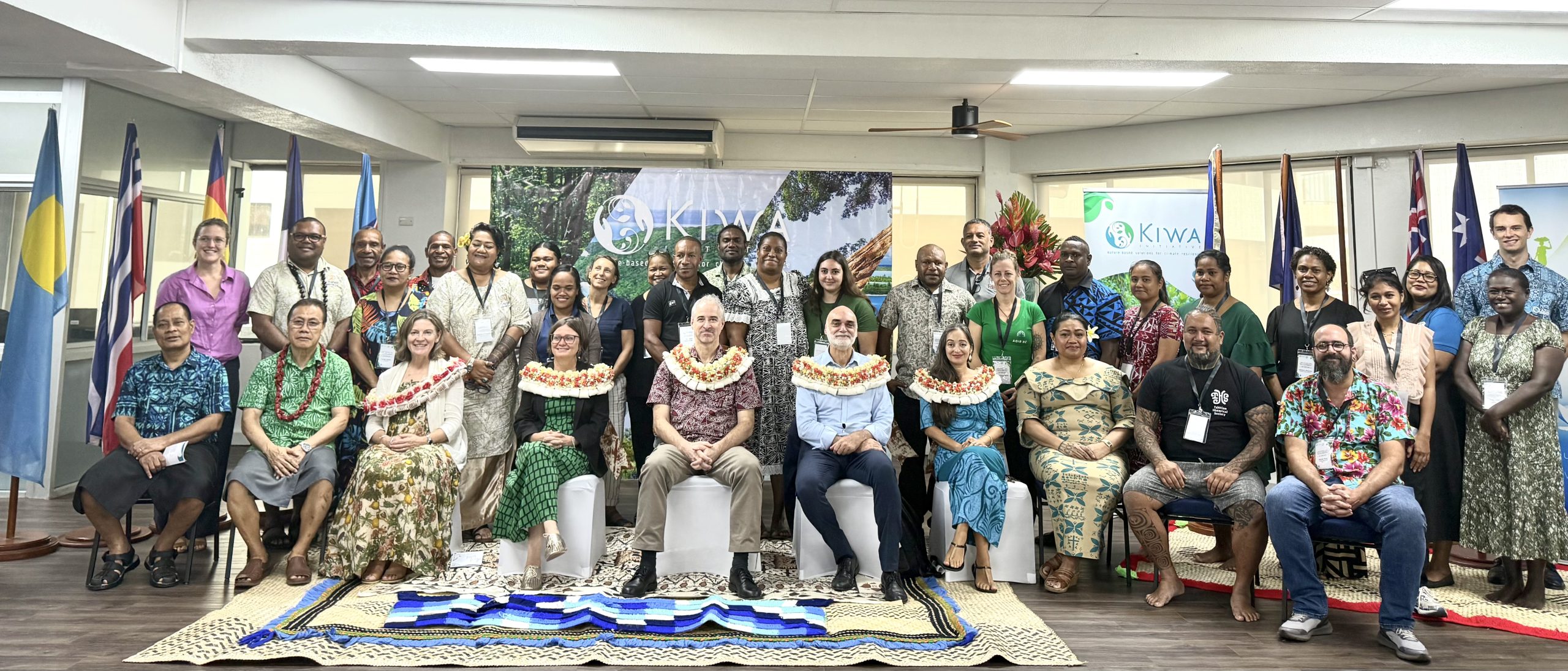FIFTEEN new locally led projects designed to harness nature-based solutions (NBS) have been awarded to 10 countries in the Pacific region including Fiji, Kiribati, Palau, Papua New Guinea, Solomon Islands, Timor Leste, Vanuatu, Wallis & Futuna and the French territories.
The awarding of the projects was being facilitated by the International Union for Conservation of Nature in Oceania (IUCN-ORO) through the KIWA initiative and are expected to address the impacts of climate change across the Pacific.
Launching the projects in Suva yesterday, IUCN Oceania regional director Leituala Kuiniselani Toelupe Tago highlighted the significance of the initiative in driving community climate solutions.
“These projects are powerful reminders that Pacific peoples are not passive recipients of climate impacts, but active leaders in designing and delivering solutions that are grounded in their environment, culture and tradition.
“Nature-based solutions strengthen both ecosystems and communities, and they are essential for a resilient Pacific Future, and we thank our donors for their trust and ongoing support which ensures that Pacific voices remain central in shaping climate action,” Ms Toelupe said.
Speaking on behalf of the donors of the project was head of Agence Francaise de Developpement Elodie Vitalis, who said the KIWA initiative had grown in a family of more than 40 projects in five years, benefiting over 220,000 people across 17 Pacific Island countries and territories.
“The enthusiasm we have seen, with more than 430 proposals received since the beginning, after the calls launched for both the regional and local projects shows how much demand and creativity exist across the Pacific,” Ms Vitalis said.
She added the AFD is one of the five main donors of the KIWA initiative and is also part of the initiative’s 2025 steering committee.
“As France’s development bank, AFD is proud to coordinate the initiative on behalf of all donors, and to see it delivering concrete results for communities and ecosystems,” Ms Vitalis said.
Projects would include community-based fisheries governance, ecosystem restoration, agroforestry and reforestation, empowerment of women’s groups, cultural heritage and biodiversity protection and coastal resilience.
The grantees for the initiative’s projects will go through an intense workshop until August 29, to familiarise project teams with the processes, implementations and technical guidance on how to manage and deliver their projects effectively.
Note: This article was first published on the print version of the Fiji Times dated August 27, 2025



